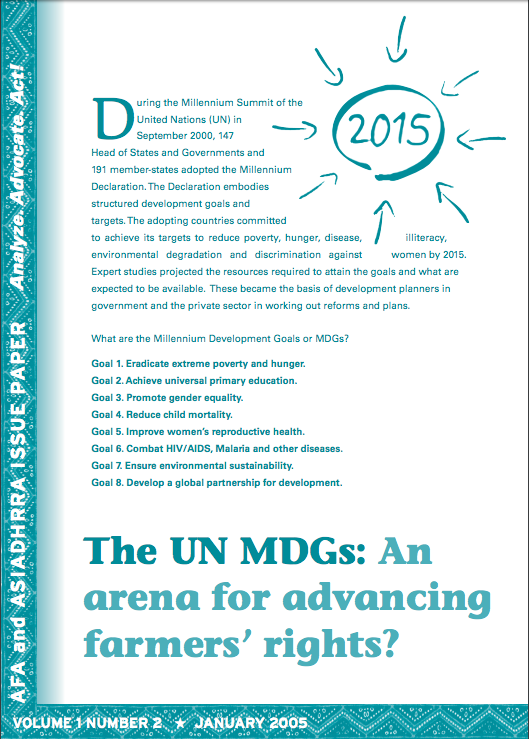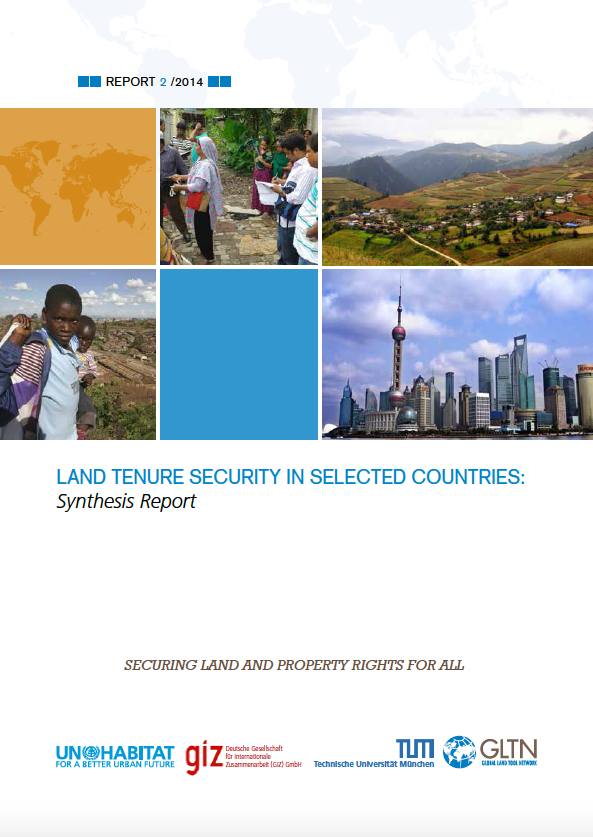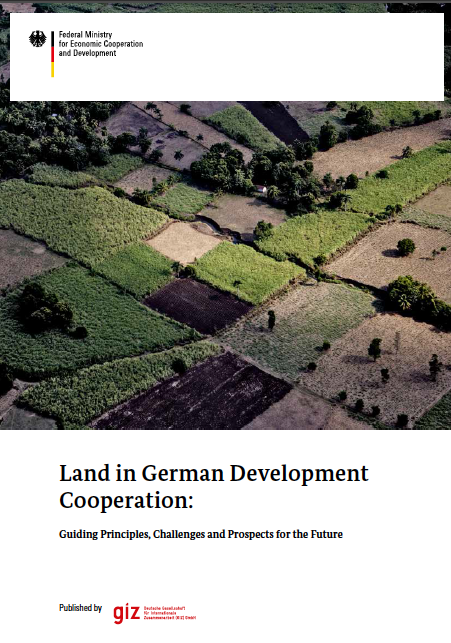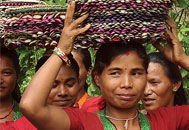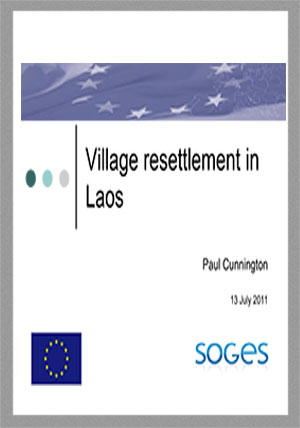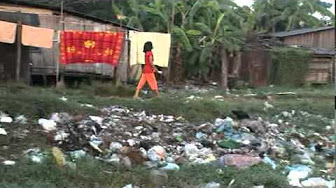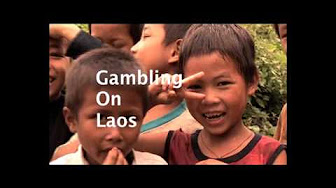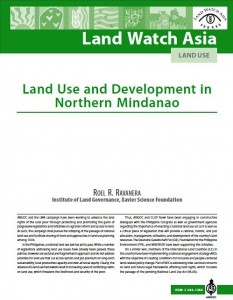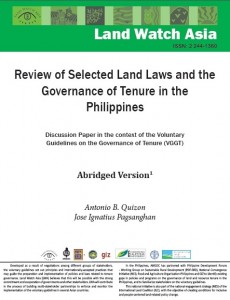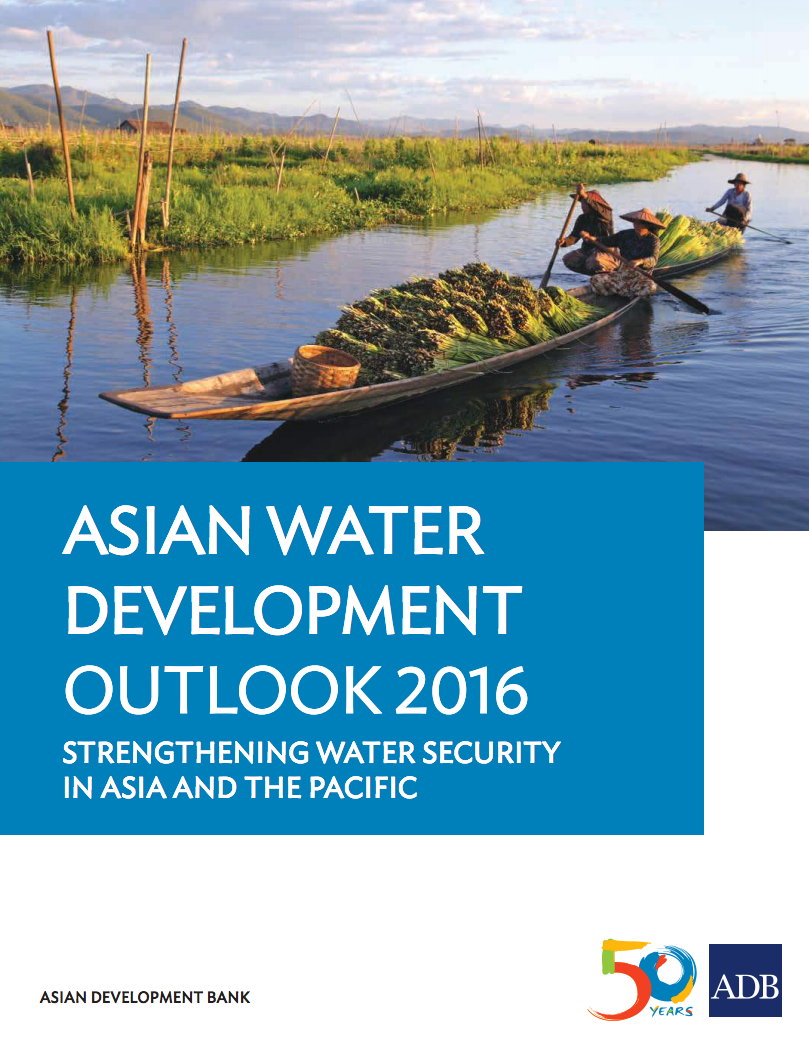The UN MDGs: An arena for advancing farmers’ rights?
During the Millennium Summit of the United Nations (UN) in September 2000, 147 Head of States and Governments and 191 member-states adopted the Millennium Declaration. The Declaration embodies structured development goals and targets. The adopting countries committed to achieve its targets to reduce poverty, hunger, disease, illiteracy, environmental degradation and discrimination against women by 2015. Expert studies projected the resources required to attain the goals and what are expected to be available.

